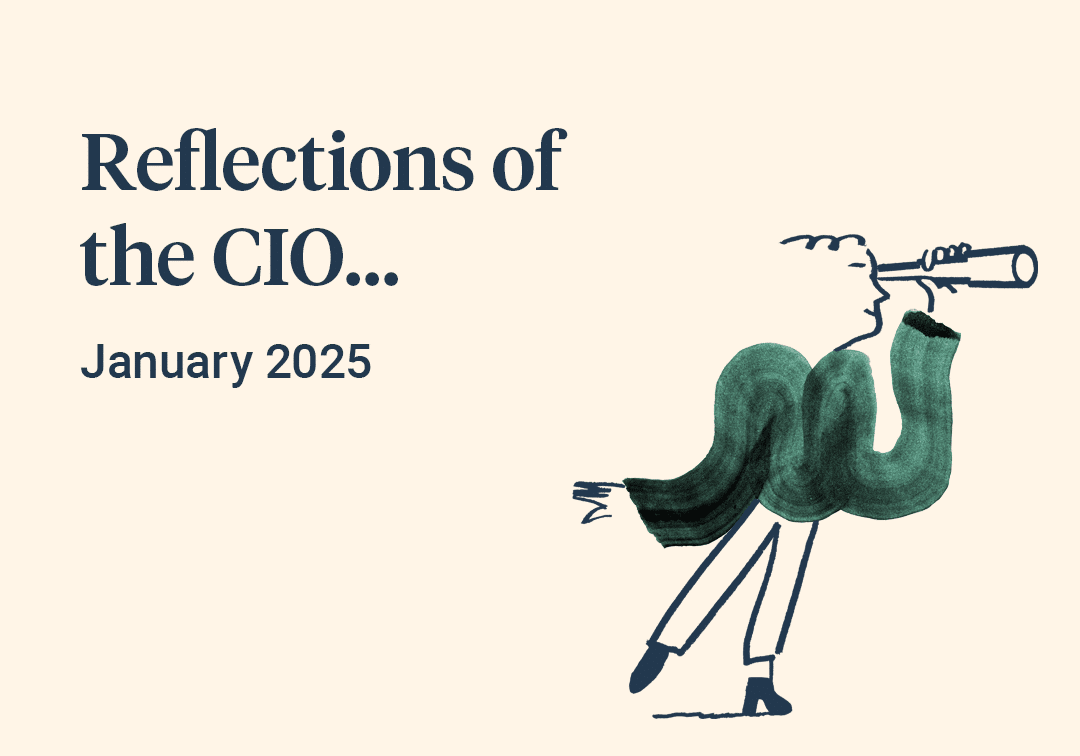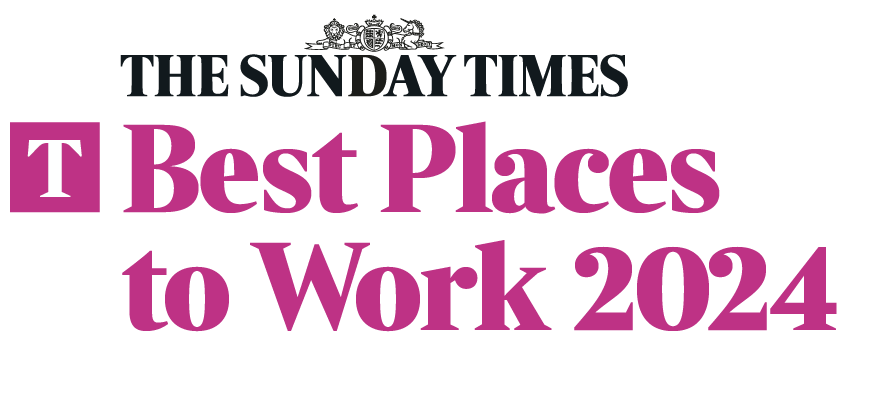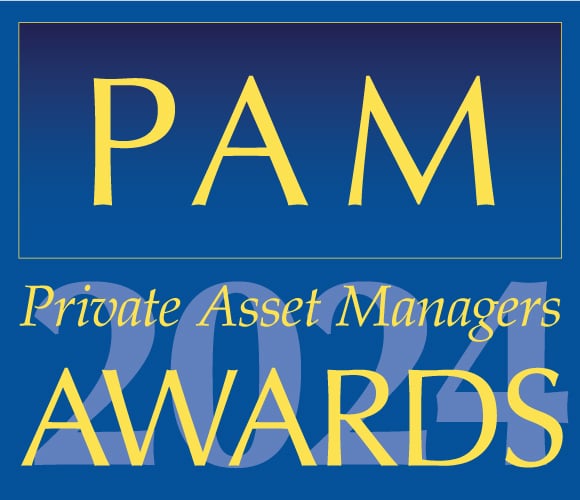Even for investors and commentators well used to extreme events, the volatility in global financial markets last week was extraordinary. Daily swings of +/-10% in stock markets were not uncommon, with similar sharp movements also occurring within the credit and commodity complexes. The pace of change is very fast, as investors struggle with pricing the impact of coronavirus on growth in an environment where the political and policy response is evolving equally as rapidly.
“The pace of change is very fast”
The reason for the dramatic market falls of last week came down to the intersection of a public health crisis with an oil price ‘war’, headlined by a -30% collapse in the price of oil last Monday. This fall was the result of a deliberate decision by Saudi Arabia to bring Russia to heel in a dispute over OPEC production quotas and the unexpected aggressiveness of such a move sent shockwaves around the financial world.
With sentiment already weak as a result of the coronavirus outbreak, an outsized reaction was perhaps to be expected and one duly arrived as multiple leveraged, momentum and ‘rules based’ strategies scrambled to reduce risk at the same time. When simultaneous ‘forced’ selling like this occurs the results can be very dramatic, especially as many assets began their descent from elevated levels. It’s also fair to say that the movements are also readily explainable, broadly rational and that they have drawn an offsetting response from those bodies charged with maintaining financial stability.
Where does that leave us?
Currently riskier assets are discounting a near 100% chance of some form of economic recession as well as a sharp acceleration in defaults in corporate debt markets. For example, the credit rating agency Moody’s estimates that US default rates could triple from their current run rate. With such pessimism working its way so quickly into prices, monetary authorities needed to accelerate their response in order to avoid a health crisis morphing into a financial one.
That process gathered momentum last week, with the central banks of China, Australia, Japan, Norway and Canada joining the UK and US in taking multiple actions to loosen policy. This was followed up yesterday by further co-ordinated action from central banks, with significant amounts of liquidity now being made available to ensure that the inner machinery of the financial system keeps running smoothly.
These actions are welcome and in time we do think they will make a difference. We are not worried about so called ‘systemic risk’ to the financial system as we had in 2008 as banks are well capitalized and liquidity is plentiful. However, there is also a widespread understanding amongst investors that these actions will not be enough on their own to quell the crisis and an aggressive fiscal response from governments is also needed. This too is also beginning to happen, with the co-ordinated actions from the Bank of England cutting interest rates and the chancellor simultaneously upping government spending, providing a template for what we will need to see elsewhere if the impact of virus related shutdowns is to be minimized.
Do you need help managing your investments?
Our team can recommend an investment strategy to meet your financial objectives and give you peace of mind that your investments are in good hands. Get in touch to discuss how we can help you.

“We are not worried about so called ‘systemic risk’ to the financial system as we had in 2008 as banks are well capitalized and liquidity is plentiful”
In time, these responses will combine with the stimulative effect of lower oil prices to put a floor under any economic contraction. The difficulty is that although the outline of a buying opportunity is now apparent, volatility is unlikely to decline until either we see a peak in infection rates in the USA and Europe or we see signs of investor capitulation. The former appears to still be several months off, although we are undoubtedly much closer to the latter. It’s impossible to know for certain, but the amount of forced selling by shorter term traders last week is likely to have blown a decent amount of froth out of the market and opened up some long term buying opportunities.
However, so long as the real world impact of the virus spread continues to dominate headlines it is not likely that risk appetite will recover in financial markets. That means although long term value is evident in several areas, we do not feel under any time pressure to exploit it. Instead our current actions in your portfolio will focus on taking profits in winning positions (mainly bond managers with high interest rate sensitivity who have benefitted from the emergency rate cuts) and parking the money in cash with a view to redeploying later. There is still probably more of a chance of markets heading lower before they go higher, but we also think the bottoming out process has begun.
“Our current actions in your portfolio will focus on taking profits in winning positions and parking the money in cash with a view to redeploying later”
Overall portfolios are behaving normally, with no movements beyond what each risk band allows. Our general comments of last week also still stand i.e. despite taking some losses, we are not retrospectively dashing about trying to fix things after the event. We are instead beginning to hunt through the rubble for opportunities thrown up by the recent turmoil and we strongly suspect the list will grow. In times like this we believe in communicating as frequently and as clearly as possible with our clients.
We hope you are finding the more regular updates on our thinking useful, and we would urge anyone with additional questions to contact their Relationship Manager, through whom we can co-ordinate any reply.
On behalf of the Saltus Investment Committee, March 2020
Saltus Asset Management Ltd is authorised and regulated by the financial conduct authority. Information is correct to the best of our understanding as at the date of publication. Nothing within this content is intended as, or can be relied upon, as financial advice. Capital is at risk. You may get back less than you invested.
Do you need help managing your investments?
Our team can recommend an investment strategy to meet your financial objectives and give you peace of mind that your investments are in good hands. Get in touch to discuss how we can help you.

Article sources
Editorial policy
All authors have considerable industry expertise and specific knowledge on any given topic. All pieces are reviewed by an additional qualified financial specialist to ensure objectivity and accuracy to the best of our ability. All reviewer’s qualifications are from leading industry bodies. Where possible we use primary sources to support our work. These can include white papers, government sources and data, original reports and interviews or articles from other industry experts. We also reference research from other reputable financial planning and investment management firms where appropriate.
The views expressed in this article are those of the Saltus Asset Management team. These typically relate to the core Saltus portfolios. We aim to implement our views across all Saltus strategies, but we must work within each portfolio’s specific objectives and restrictions. This means our views can be implemented more comprehensively in some mandates than others. If your funds are not within a Saltus portfolio and you would like more information, please get in touch with your adviser. Saltus Asset Management is a trading name of Saltus Partners LLP which is authorised and regulated by the Financial Conduct Authority. Information is correct to the best of our understanding as at the date of publication. Nothing within this content is intended as, or can be relied upon, as financial advice. Capital is at risk. You may get back less than you invested. Tax rules may change and the value of tax reliefs depends on your individual circumstances.
Related blog posts
About Saltus?
Find out more about our award-winning wealth management services…
Winner
Top 100 Fund Selectors 2024
Winner
Best Places to Work 2024
Winner
Best Financial Advisers to Work For
Finalist
Investment Performance
£7.5bn+
assets under advice
20
years working with clients
300+
employees
97%
client retention rate






